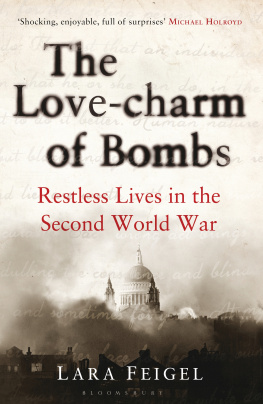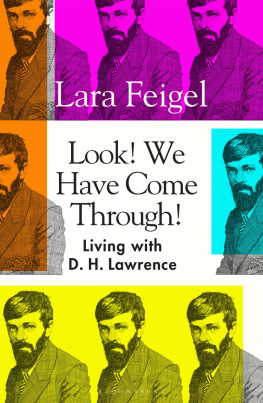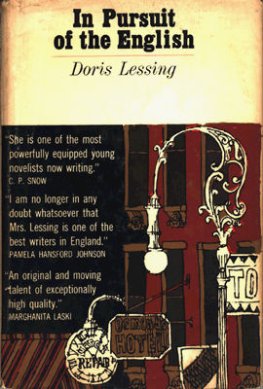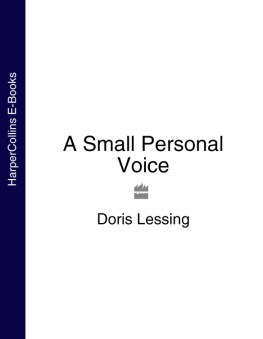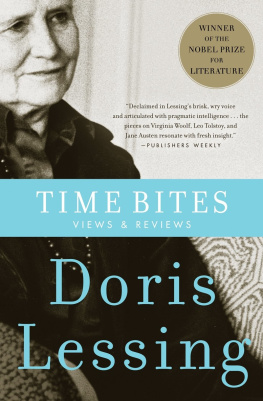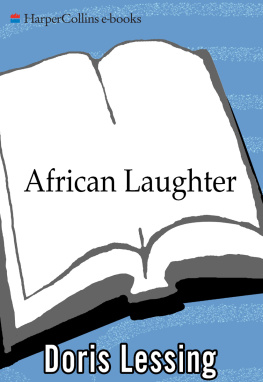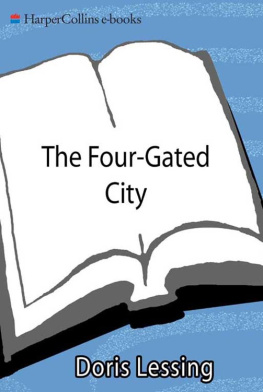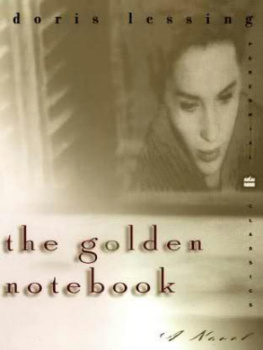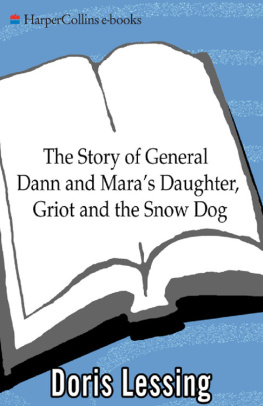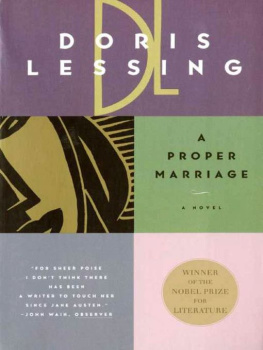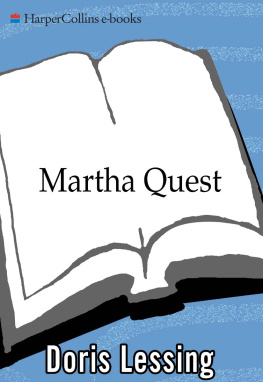FREE WOMAN
For my friends
FREE WOMAN
Life, Liberation and Doris Lessing
LARA FEIGEL

Contents
There were too many weddings that summer. White weddings, gold weddings; weddings in village churches, on beaches, at woollen mills. Collectively, they seemed to go on for too long and to involve too much effort, whether it was the effort of the congregation to reach these much-loved remote places or the effort of the bride and groom to coordinate flowers, music, seating plans, personalised vows, home-made confetti and take-home marmalade. At all of them I chastised myself for my own mean-spiritedness and hypocrisy (I too am married, and once devoted a summer to it) but determined that at some point when not at a wedding I would work out why I minded it all so much.
I came closer to understanding my own truculence when I attended the wedding of a school friend while halfway through reading The Golden Notebook, Doris Lessings 1962 exploration of the artistic and sexual life of a free woman. Lessings voice is powerful and it had taken hold of me, fifty years later, to the extent that it seemed to muffle the voices around me. I could hear her sentences in my ears as I sat below a hundred metres of tasteful Liberty print bunting that the bride, her sister and their mother (three intelligent and expensively educated women) had sewn by hand.
Troubled by the mental picture of a needle threaded, pulled through and along the fabric, back through, in again, back through, ad infinitum, I heard Lessings central character Anna Wulfs pronouncement: I am interested only in stretching myself, in living as fully as I can. For Anna, living fully means living freely. She has been married, and is prepared to marry again, but shes aware of the fragility of any relationship because love experienced authentically is dangerous. And she remains uncertain whether shes willing to allow a sexual relationship to define her place in the world.
Thinking about her, I realised that my main objection to these weddings wasnt a feminist one. I was certainly troubled by the ease with which we perpetuated the symbolism of the pallidly virginal bride being handed from one man to another, and perturbed in this case that it was the women who had done all that sewing. But it wouldnt have been much better if the groom had taken up needlework as well. What I minded more strongly was the apparent assumption that this remained the only way to live. Weddings celebrated on this scale seemed to take for granted a happy-ever-after of decade after decade of safely monogamous marriage, with appropriate numbers of children born at appropriate intervals along the way. They ushered in a world where work was a means to the ultimate end of enjoyable family life; where love was the love you at the end of a phone call. I felt uncomfortable partly because it seemed to coopt everyone in the room into this vision and this made me claustrophobic, needing urgently to insist on my right to live fully, without quite knowing what I would want that to entail.
Sitting under that tasteful bunting, I was talking to two school friends at a table that had been emptied as people headed towards the dance floor. I asked them what they felt about this industrious celebration of love and was relieved to find that they were sceptical too, though one of them was preparing to get married a few months later and was even (occasioning more irritation on my part) planning to change her name. We were all aware that this was not what wed had in mind when we read Virginia Woolf and D.H. Lawrence in adolescence, aware that we had once thought of love as something freer and more radical.
We remembered an evening during the summer of our A levels when the three of us had lain talking and drinking on the grass of one of their gardens and, as the sky darkened, each had confessed, to the surprise of the others, that we were still virgins. We had all had boyfriends, but wed assumed an old-fashioned coyness in delaying the moment of deflowerment, partly out of fear and partly out of a reluctance to relinquish the independence of self-sufficiency, though Im not sure we could have defined it so coolly at the time. Reared at a school where wed been taught that girls could do everything and had no need of boys, we felt that there would be an element of self-betrayal involved in entering a state where we became dependent on the desire, approval and companionship of men.
As the band began to play in the adjoining room, I told them about The Golden Notebook; about Anna Wulf, who like us was in her mid-thirties, and her struggle to live as honestly as possible. I described what I saw as Lessings central dilemma, and how it had helped me to see in retrospect what it was that we had feared would be lost once we had succumbed to a life of sex with men.
Anna wants to be free, believes that she cannot thrive as a writer or a woman if she does not exist independently of her lovers. But she cannot be happy without the love of a man and she cannot love fully unless she relinquishes control enough to lose herself in him. Sexually, she wants to be created by his desire; to have the pleasurably overwhelming feeling of experiencing his body as hers. Emotionally, she wants both to depend on him and to be needed by him so that together they can feel the vulnerability required to be transfigured by love. She is aware that the price for this transfiguration could be a loss of freedom. Indeed, shes prepared to accept that it might lead her to marry for a second time. Now, thinking about Anna as we rose to join the dancing, I thought that there might not be anything wrong with her acceptance of this, but that it was possible still to remember that it was a high price to pay, even while paying it, and that this required an ambivalence that seemed incompatible with all those metres of bunting.
I
Reading
This was the second time I had read The Golden Notebook. I read it for the first time as an undergraduate at Oxford in the late 1990s, when it did not make much impression on me. As a cheerfully capable nineteen-year-old student, I found Lessings heroine unnecessarily lugubrious and found the failure in connection that characterised her relationships alienating. This meant that I had been curious rather than excited when I started it again. After Lessings death, friends in their sixties and seventies had reminisced to me about what Lessing had meant to them in their twenties and thirties. The women had read about their most intimate experiences in print for the first time; the men had discovered how women talked about men when they were alone together. This had intrigued me enough to send me back to the novel but I was surprised when I found it immediately enticing. Anna Wulfs world had become easily accessible, despite the great differences separating her time from mine.
The failures, the longueurs, even the moments of stylistic ugliness, all now seemed bravely realistic. Arguably, you cannot describe the daily life of an intelligent heroine without describing moments of boredom, irritation and alienation. The politics no longer seemed as distancing as they had done either. Lessing was describing Annas commitment to communism as a personal leap of faith made by a woman desperate to believe that she can have some impact on her world. Anna, like her creator, was an idealist in an age when it appeared more possible to be idealistic than it ever had to me, one of Thatchers children, growing up in an era of PR-driven pragmatic politics.


